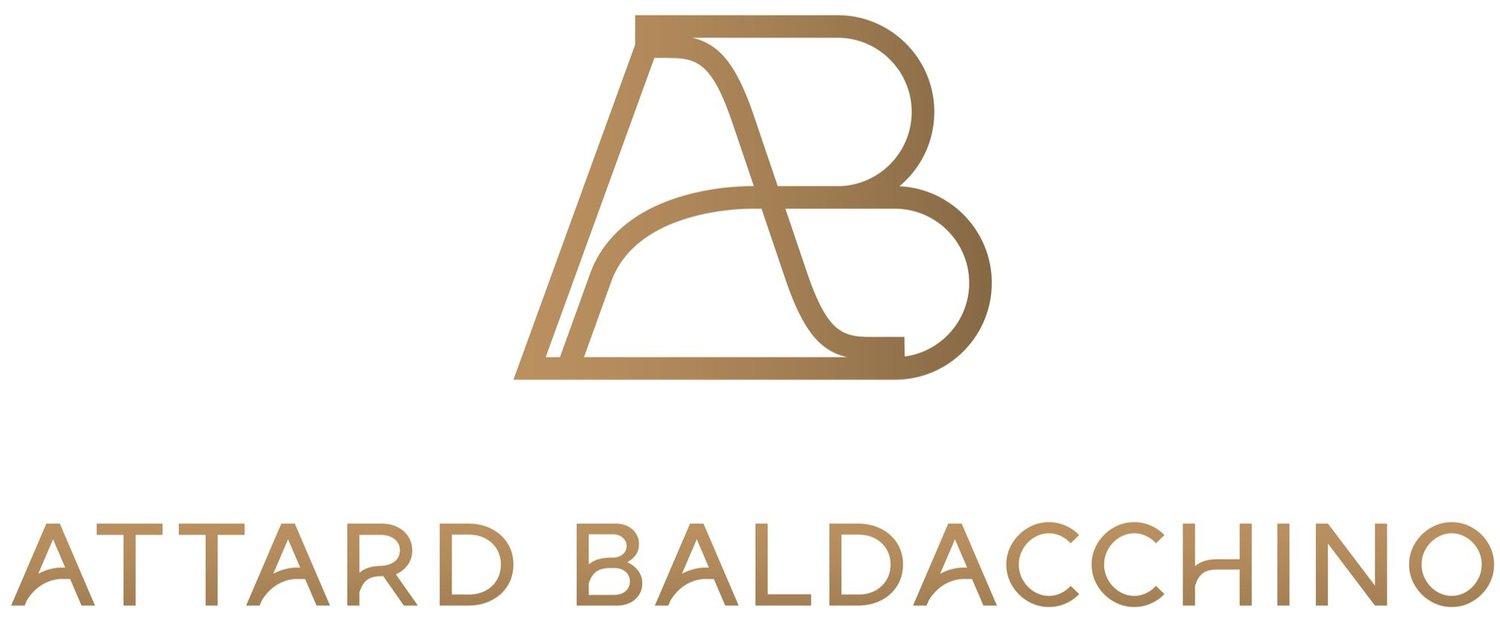Navigating Malta's New Skills Card Requirement for Non-EU Workers: A Step-by-Step Guide
Malta has always been a top destination for tourists seeking picturesque landscapes, rich history, and a vibrant culture. With its thriving hospitality sector, Malta offers exciting opportunities for individuals looking to work in hotels, bars, and restaurants. However, recent changes in the country's immigration policies are reshaping the landscape for non-EU workers. In 2024, the Maltese government will be introducing a mandatory "Skills Card" system for non-EU workers in the tourism sector, and by 2025, this requirement will extend to Maltese and EU workers as well. This bold move is aimed at improving the quality of the workforce in the sector and ensuring that only those with the necessary skills can contribute to Malta's hospitality industry.
What are these Skills Cards?
The Skills Card is a certification that individuals working in Malta's tourism sector must obtain to be eligible for a work permit and visa. It validates their skills and competencies in areas such as English language proficiency, customer care, hospitality, and knowledge of Malta as a tourist destination.
2024 - The Year of Implementation
In 2024, the Skills Card requirement was rolled out for non-EU workers in the tourism sector. To make the application process smoother, here are the key steps:
Training Course and Assessment
To obtain a Skills Card, applicants need to complete a mandatory training course, which includes an English language proficiency test and courses in customer care, hospitality, and tourism knowledge.
The training course and assessment cost €450, and applicants are required to pay an additional €125 for an in-person assessment upon arrival in Malta.
Initial Skills Card Assessment
Before applying for a work permit and visa, third-country nationals must pass an initial Skills Card assessment, which if they fail they will be able to carry out a resit.
Work permit applications will only be processed once the applicant obtains a passing mark on the Skills Card assessment.
Passing the assessment does not guarantee the issuance of a work permit.
In-Person Assessment
On obtaining a work permit, the individuals must alert ITS of their arrival three weeks prior to arrival in Malta so that they can receive an appointment for an in-person assessment within three days of arrival.
If the in-person assessment is failed, they will be repatriated , and the work permit will be withdrawn.
2025 - Expanding the Skills Card Requirement
From January 2025, the Skills Card requirement will become mandatory for all Maltese and EU nationals working within the tourism industry, further emphasizing the government's commitment to enhancing the quality of the workforce in the sector.
The Skill cards that will be given out are to be split into seven different levels each signifying various skills and expertise that the individual holder would have proven themselves to have.
Contacting Relevant Authorities
To successfully navigate the Skills Card requirement, it's essential to be aware of the relevant authorities involved:
Institute for Tourism Studies (ITS): ITS is responsible for the initial assessment and the training course for third-country nationals. They will also conduct the in-person assessment for those who fail the initial assessment.
Identità (previously Identity Malta): Identità will process work permit applications for third-country nationals once they obtain a pass mark from the Skills Card assessment.
Malta Tourism Authority: The Skills Cards will be issued by the Malta Tourism Authority, which will assess applicants for their qualifications and experience.
The Road Ahead
These new regulations are part of a broader effort to ensure that Malta's hospitality sector maintains high service standards. The changes emphasize quality over quantity, attracting skilled individuals to contribute to the industry's growth. The public consultation on these rules is open until November 16th, 2023, and discussions with industry stakeholders are ongoing. In the ever-evolving landscape of migration and work permits in Malta, it's essential to stay informed about these changes and the necessary steps to secure a future in the country's vibrant tourism sector.
For personalized assistance and more information, don't hesitate to get in touch with our team at Attard Baldacchino. We are committed to helping you achieve your dream of working in the beautiful and welcoming nation of Malta.
This blogpost is being published strictly for informational and educational purposes, and should be correct and accurate at the time of publication. The content of this publication should not be considered as formal legal, immigration, or tax advice.

